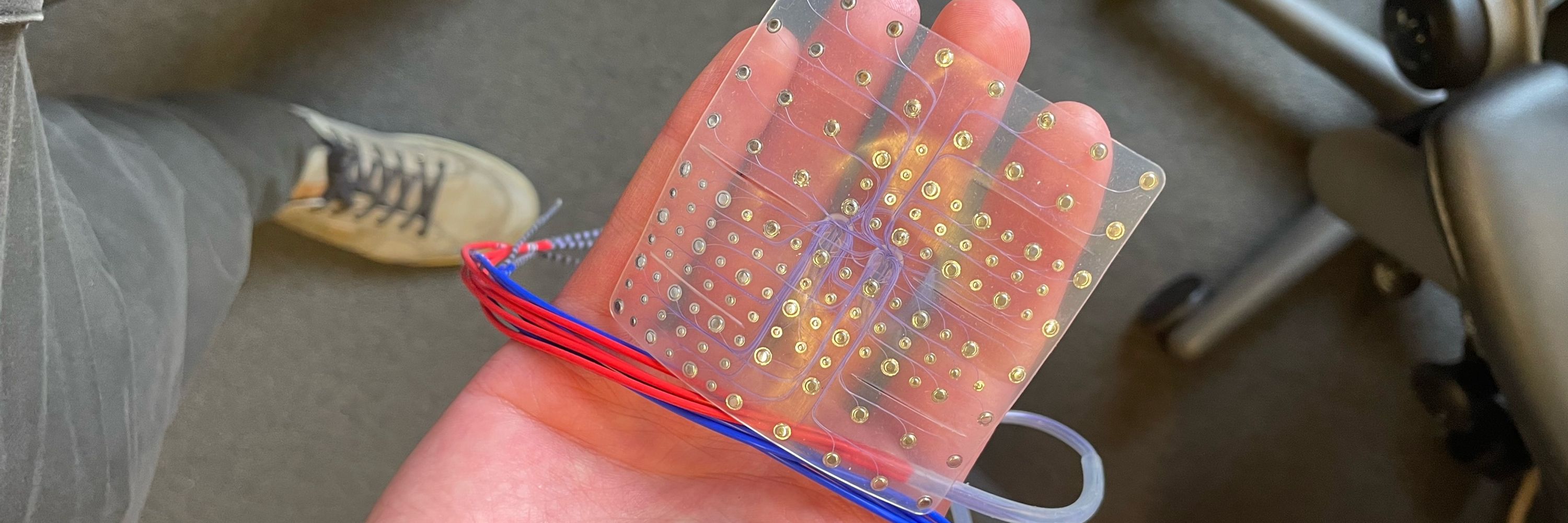
https://adam-milton-morgan.github.io/
📰 Paper: doi.org/10.48550/arX...
💾 Code + data: osf.io/frqbe/files
Let us know what you find!
📰 Paper: doi.org/10.48550/arX...
💾 Code + data: osf.io/frqbe/files
Let us know what you find!
📌 against preferences for competing frames (the dative alternation and NP/SC ambiguity) 🧵6/8

📌 against preferences for competing frames (the dative alternation and NP/SC ambiguity) 🧵6/8
📌 300 human-annotated sentences (LLM accuracy = 79%, vs. 69% for benepar and 59% for Stanford) 🧵5/8

📌 300 human-annotated sentences (LLM accuracy = 79%, vs. 69% for benepar and 59% for Stanford) 🧵5/8
doi.org/10.1038/s442...
Work with my PI Adeen Flinker and our clinical team. So many thanks to labmates and everyone else who helped along the way! 🧵✂️

doi.org/10.1038/s442...
Work with my PI Adeen Flinker and our clinical team. So many thanks to labmates and everyone else who helped along the way! 🧵✂️






